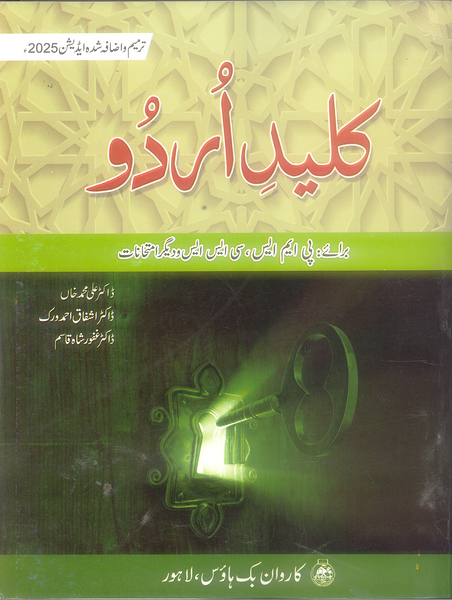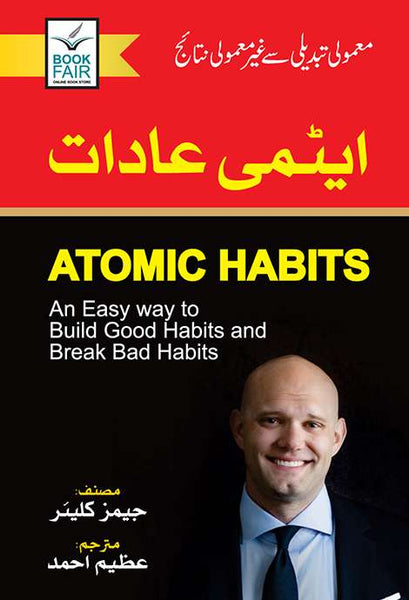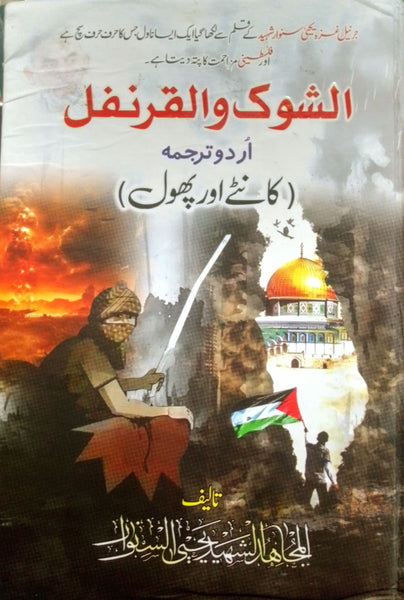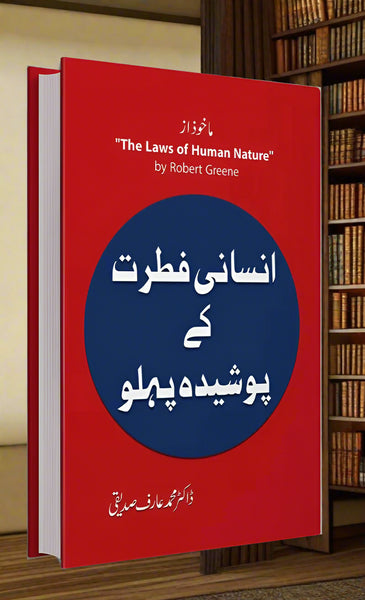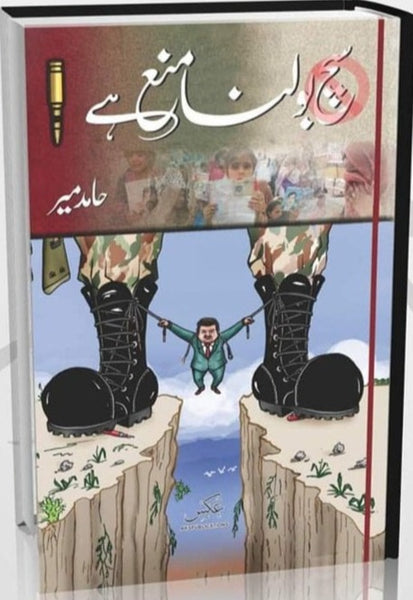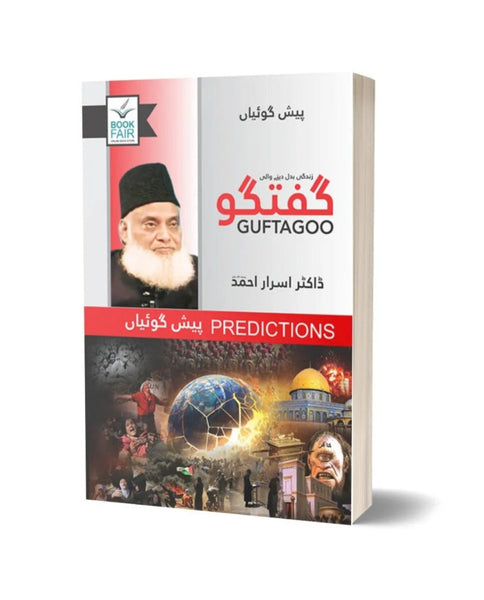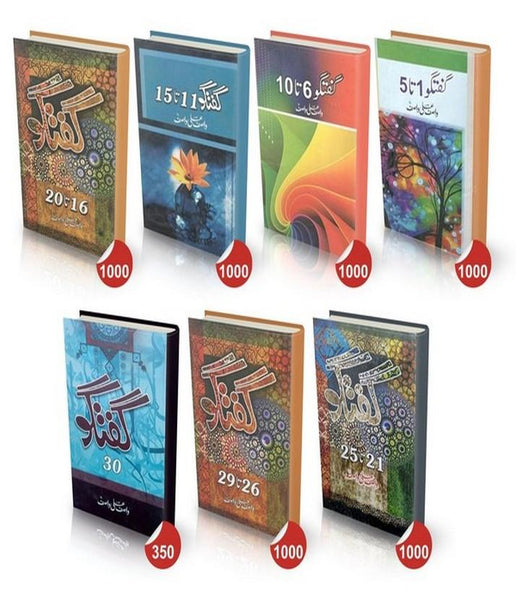Akbar Se Aurangzeb Tak by W H Moorland
- Publisher: HISTORY
- Availability: In Stock
- SKU: 53840
Rs.900.00
Rs.1,200.00
Tags: affordable prices , Akbar , Aurangzeb , best books , best books online , Best Price , best prices , Best Selling Books , best shop , Book Shop , Book shopping , bookshop , bookshop Multan , bookshop near me , bookshop online , bookshop online Multan , bookshopPakistan , budget allocation , buy online books , coinage , Convenient Shopping , crafts , currency , digital shopping , economic analysis , economic challenges , economic decline , economic landscape , economic legacy , economic study , expenditure control , famines , fiscal administration , fiscal mechanisms , good books , good booksonline , industrial production , Internet Shop , Jamal Muhammad Siddique , labor , labor force , land revenue , market regulations , merchants , metalwork , military expenditures , Mughal administration , Mughal agriculture , Mughal economic history. , Mughal economy , Mughal Empire , Mughal fiscal policies , Mughal history , Mughal industrial sectors , Mughal reforms , Mughal trade , one stop shop , Online Book Shop , ONLINE BOOKS , Online Books Shop , online books store , Online Bookshop , Online Bookshop Pakistan , online bookstore , online shop , online shopping , Online Shopping Pakistan , OnlineShoppingPakistan , Pakistan Bookshop , PakistanBookshop , PakistanOnlineShopping , price cut , price-friendly Comprehensive , ReasonablePrice , reduced price , secure shopping , Shopping , ShopSmartPakistan , standardization of currency , state finances , taxes , textiles , trade , trade routes , Virtual Shop , W.H. Moreland , Zabt system
"Akbar Se Aurangzeb Tak" by W.H. Moreland, translated by Jamal Muhammad Siddique, provides an in-depth economic analysis of the Mughal Empire from Akbar's reign to Aurangzeb's. The book examines the economic policies, administrative strategies, and fiscal mechanisms that shaped the empire's prosperity and eventual decline, offering a detailed study of the Mughal economy's complexities.
Key Points
1. Akbar's Economic Reforms Akbar introduced significant economic reforms, including the land revenue system (Zabt) and the standardization of currency, which stabilized and expanded the empire's economy.
2. Agricultural Development The book details the agricultural advancements and policies under Akbar and Aurangzeb, highlighting crop rotation, irrigation projects, and land reclamation efforts.
3. Trade and Commerce It explores the growth of internal and external trade during the Mughal era, focusing on trade routes, market regulations, and the role of merchants and traders.
4. Taxation System The Mughal taxation system, including the introduction of new taxes and the enforcement of existing ones, is analyzed to understand its impact on different strata of society.
5. Currency and Coinage The book examines the evolution and regulation of currency and coinage, which facilitated trade and commerce across the vast Mughal territories.
6. Fiscal Administration It discusses the fiscal policies and administrative measures implemented to manage state finances, including budget allocation and expenditure control.
7. Industrial Production The study highlights the industrial sectors, such as textiles, metalwork, and crafts, that flourished under Mughal patronage and contributed to economic growth.
8. Labor and Employment It addresses labor dynamics, including the conditions of agricultural workers, artisans, and the labor force's organization and management.
9. Economic Challenges The book identifies the economic challenges faced by the Mughal Empire, such as famines, inflation, and the burden of military expenditures.
10. Decline and Legacy Finally, it reflects on the economic factors contributing to the decline of the Mughal Empire and the lasting economic legacies left behind.
In conclusion, "Akbar Se Aurangzeb Tak" provides a comprehensive economic study of the Mughal Empire, offering valuable insights into the policies and practices that influenced its economic landscape. W.H. Moreland's analysis, enriched by Jamal Muhammad Siddique's translation, serves as a crucial resource for understanding the economic history of this significant period.
════ ⋆★⋆ ════
Writer ✤ WH Moorland
Translater ✤ Jamal Muhammad Siddique



